Glory Does Stay
“If a man can bridge the gap between life and death, if he can live on after he’s dead, then maybe he was a great man.” — James Dean
Tomorrow marks the anniversary of the tragic death of James Shuler, a top contender in the middleweight division, a two time national amateur champion, and member of the U.S. Olympic team. More years have gone by since the night of Shuler’s motorcycle wreck in 1986 than he was given to make his impact on the sport he loved; he was only 26 when he died, and in the more than three decades since his death, boxing has keenly felt his absence.
“James’ death was devastating,” says Shuler’s cousin, Percy “Buster” Custus. “James was just such a good person. He lived such a short life. It was almost like he did the good stuff he did and went out before anyone could remember any bad stuff about him.”
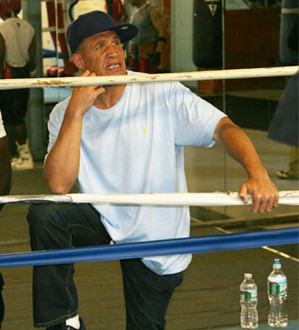
Custus is the owner and trainer at the James Shuler Memorial Gym in Philadelphia, about three miles from the former site of Joe Frazier‘s Gym in North Philly, where Shuler got his start in boxing. Shuler escaped the realities of the North Philly housing project he grew up in and excelled at sports, but he was sucked into the cruel world of boxing by simply walking past Frazier’s gym one day after a swim meet. Fate toyed with Shuler early on and never really stopped.
Shuler fell smack dab into the middle of a huge U.S. boxing surge. Prior to the American success at the 1976 Games in Montreal, about $16,000 was given to the U.S. Amateur Boxing program annually. Three years later, the program was flooded with almost $800,000 in support money, and the amount was supposed to have surpassed $1 million per year by the Moscow Olympics in 1980. It was during this time that Shuler compiled a reported amateur record of 178 wins against only six defeats.
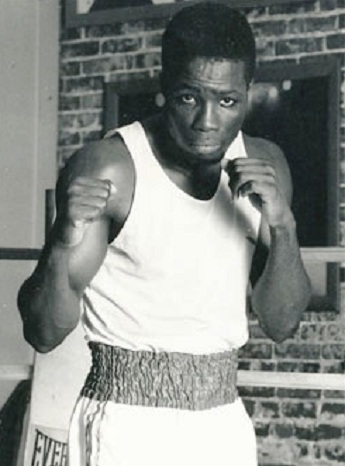
At 19, Shuler won both the Pennsylvania State Golden Gloves and National Golden Gloves, then captured a silver medal at the 1979 Pan Am Games. But he wasn’t done. “We went to New York and James went through the [1979] World Cup like it was nothing,” said Custus. Indeed The New York Times called Shuler “the smoothest boxer” of the tournament. He was chasing greatness and nipping at its heels, but 1980 was a year that dashed many an amateur boxing dream.
In January, President Jimmy Carter called for the U.S. to boycott the upcoming Moscow Olympic Games if the Soviet military did not withdraw from Afghanistan. With the troops still in place two months later, the boycott became official, ending the Olympic dream for hundreds of elite athletes. But even more tragic was what took place just days prior to that announcement, when 22 members of the U.S. boxing team, en route to Warsaw for an amateur tournament, were killed in a plane crash in Poland. Shuler was supposed to have been on that flight, but he injured his nose in a car accident and decided not to go.
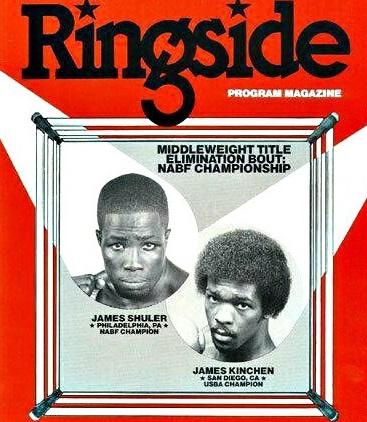
Amateur boxing moved on, as did the Olympic Games. The Olympic Trials did too, for some reason, and Shuler won his spot on a non-existent team in June. It was unfair, but figured well into Shuler’s narrative since he had already defeated Armando Martinez, the eventual gold medal winner at the Moscow games. Even Shuler’s nickname, “Black Gold,” reflected the fact he had been favored to win the Olympic tournament.
With his dreams of being an Olympian in the past, Shuler returned to Philadelphia and the gym where it all began. When Joe Frazier decided to start managing fighters later that year, he initially signed two young prospects: his son Marvis and James Shuler. Days later, Shuler had his first professional match under the banner of “Smokin’ Joe Inc.” And it didn’t take long for Shuler to earn a peculiar reputation.
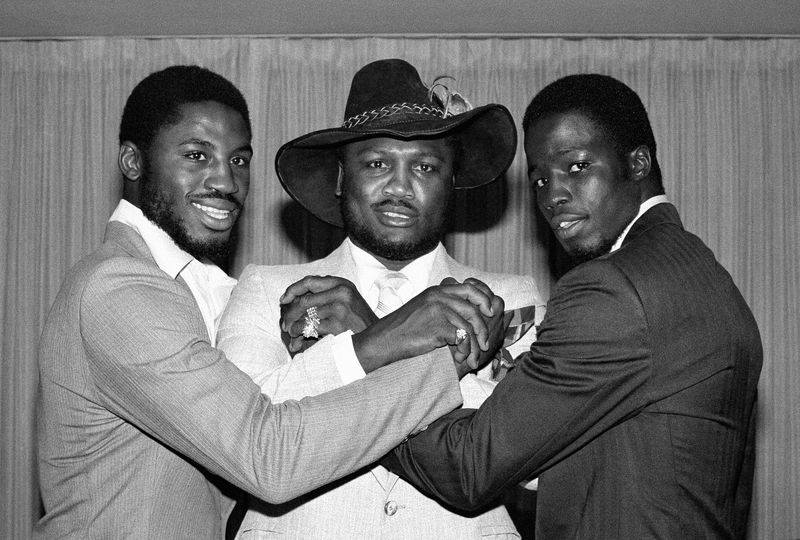
Said Custus, “There was a time we were up somewhere in New York and James was boxing on the show. James is fighting this guy, hits him and knocks him out of the ring. Then he helped him back in the ring like a gentleman. Everyone thought that was so unique, but it was the kind of guy James was.”
Being that life is wicked and repays kindness with coldness, thus began Shuler’s slow trudge toward his destiny.
Fighting had become Shuler’s life, but when he signed on with promoter Butch Lewis his career stagnated as he was limited to competing on the undercards for Michael Spinks bouts and Spinks was relatively inactive. So Shuler turned his family car into a taxi cab. “I had to support my daughters,” he would later say. Nonetheless Shuler was ranked in the top ten of The Ring’s 1982 middleweight ratings and remained there while looking for a shot at world champion Marvelous Marvin Hagler.
In almost five years in the pro ranks, Shuler’s apex was nabbing the fringe NABF belt from “Sugar” Ray Seales, an aged 1972 Olympic gold medalist who had already been chewed up by the middleweight scene. Quality wins over Norberto Sabater and Clint Jackson followed, but it bothered him to see the stars of the 1984 Olympic Boxing Team sign lucrative pro contracts while he remained relatively anonymous. What pushed him into contention for the world title was squeaking by James Kinchen in early 1985, just two months before “The Fight,” that legendary clash between Marvelous Marvin and “The Motor City Cobra.”
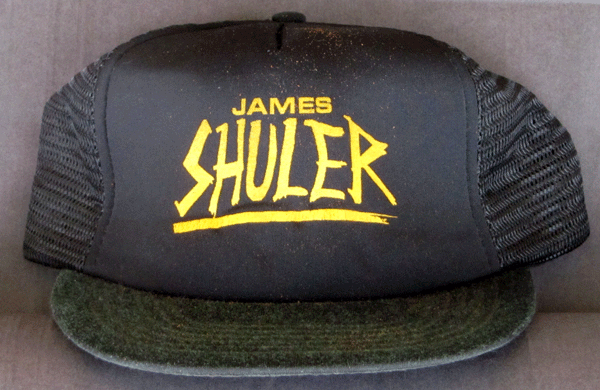
Following Hagler’s brutal stoppage of “Hit Man” Hearns, the latter wanted a rematch as soon as possible. But both lost a bit of themselves that night and injuries lingered. Beyond that, Top Rank’s Bob Arum claimed he couldn’t sell the idea that a rematch would end differently, that a return needed some build-up. This led to Hagler taking on John Mugabi, while Hearns was slated to face Shuler on the undercard. By then James was 22-0 with 16 knockouts and coming off a win over one of Hagler’s sparring partners, Jerry Holly. The card kept getting postponed due to Hagler’s injuries and Shuler’s new manager, Joe Hand, worried his charge might ripen on the vine. But Shuler’s trainer, Eddie Futch, remained confident, calling him “one of boxing’s best-kept secrets.” Shuler’s big chance to step out of the shadows was finally set for March 10, 1986.
It’s interesting to note that, in a subtle gesture that would become sadly prophetic, Shuler gifted fellow motorcycle enthusiast Hearns a racing helmet during one of their 1985 press conferences.
Already a 5-to-2 favorite, Hearns was offered a $500,000 bonus by Arum if he stopped Shuler in fewer than six rounds. And Hagler’s team seemed to think that was likely. ”If Hearns has his head on straight and if his right hand has healed, he should knock Shuler out in two,” said Pat Petronelli, Hagler’s co-handler. ”Shuler eats right hands.”
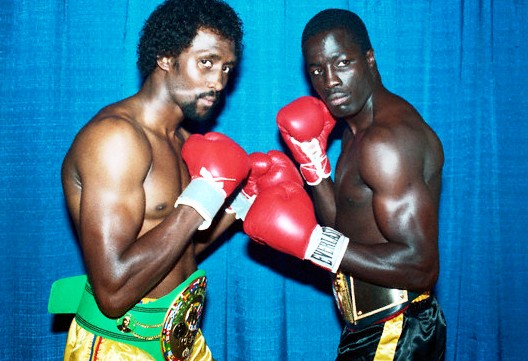
It simply makes no sense to have one lifetime, even an abridged one, jammed into 73 seconds of boxing, but that’s what most remember about James Shuler.
Hearns, who often started with a slow pace when he sensed danger, threw full force at Shuler moments into the fight. Having anticipated a more technical boxing match from Tommy, Shuler was set to give chase and that led him into Hearns’ power. The same right hand that Petronelli foresaw pierced straight through Shuler’s guard and folded him backwards after just one minute of action.
“I left myself open,” Shuler told reporters. “I just got caught. There’s no excuse. When he hit me with the first one, I thought, ‘Shoot, I can take it from him.’ And then he hit me again. I guess I was wrong.”

Apart from the sting that comes along with losing for the first time, Shuler was otherwise in good spirits and talked of coming back strong. But it wasn’t to be.
Exactly one week after the fight, Shuler purchased a red Kawasaki motorcycle and was on his way home when he collided with a tractor-trailer. Shuler lay pinned beneath the larger vehicle and onlookers began shouting, “Champ! Yo, champ!” There was no answer. Shuler died at the scene.
Three days before the fight, Philadelphia Inquirer writer Sarajane Freligh wrote an article titled, “A Philly Kid Whose Time Has Arrived.” Exactly three weeks later, on March 28, Freligh’s article ran with the headline, “Boxer’s Requiem: Shuler’s Corner is Empty Now.”
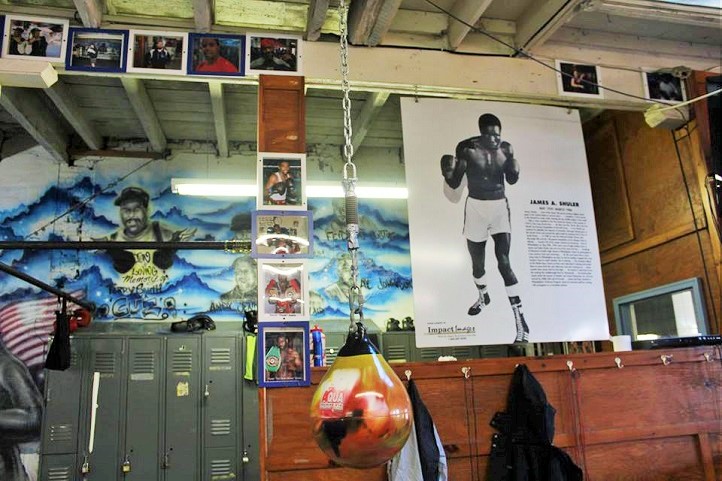
Hearns flew to Philadelphia for Shuler’s funeral and offered to place the NABF belt he’d won from him into Shuler’s coffin. Shuler’s family declined the offer. “Hearns, he earned that belt,” James’ brother Darryl said. “That belt belongs to him. I’m sure James would want him to keep that belt and defend it well.”
Bob Arum said, “[James] came up to my room in the hotel the day after the [Hearns] fight and thanked me personally. He’s the only fighter who ever did that.”
It was a career cut short but Shuler still made waves in boxing, and today the ripples are carried farther than his life did. Joe Frazier’s Gym had once been called “a temple, a university of saving kids, saving adults,” and since 1993 the James Shuler Memorial Gym has aimed to do the same work.
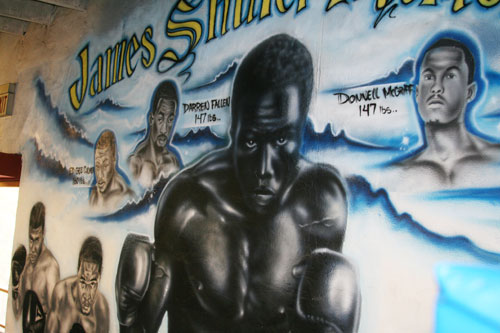
“Joe [Frazier’s] gym is the only gym I ever went to, unless they took us out for sparring,” Custus said. “I went to the gym in North Philly so us kids wouldn’t be in trouble over in West Philly.” And now Philly has a new pugilistic safe haven, the James Shuler Memorial Gym, which wouldn’t be there if not for Shuler’s demise.
Smart lad, to slip betimes away
From fields where glory does not stay,
And early though the laurel grows
It withers quicker than a rose.
— “To an Athlete Dying Young,” A. E. Housman, 1896 — Patrick Connor

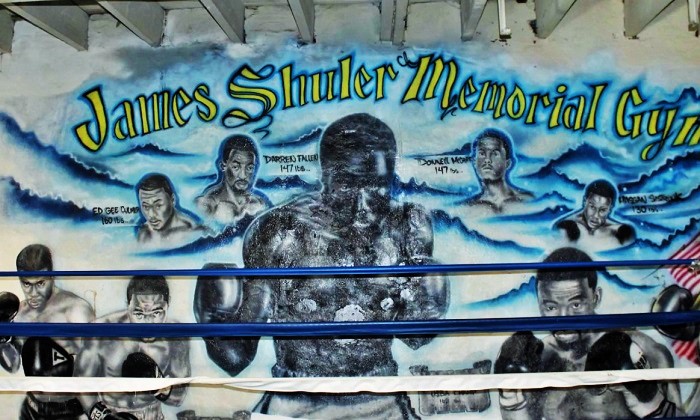

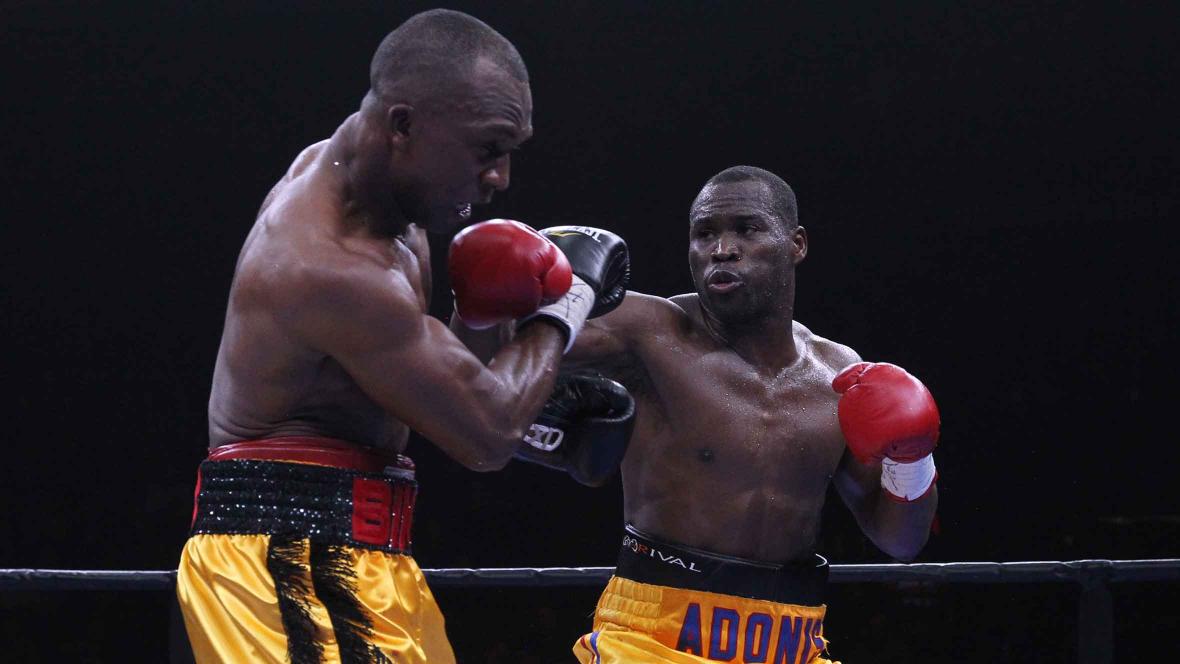
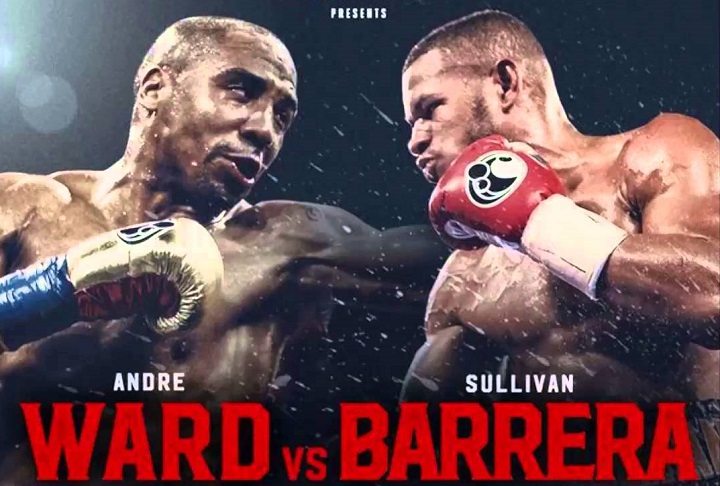
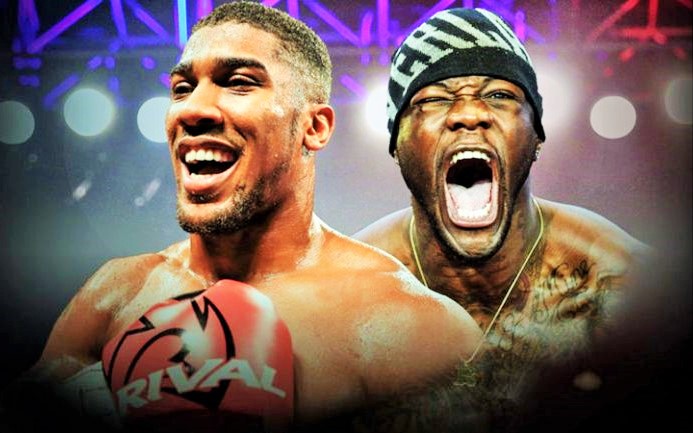
I really don’t think it’s fair to ever write about a boxer and NEVER mention the trainer.
Eddie Futch is in fact mentioned.
Awesome job! My family and I lived in the same north Philly projects as James Shuler. Black Gold! He was a great person and an awesome boxer. Oh yeah!
I felt so bad for him during the Hearns fight.
My Mom and I were just talking about him. He’s her second or third cousin. Thank God his memory will live on. RIP cousin.
Daddy you will always be the Champ of the World in my eyes!!!!! God only knows how much I miss and Love you. Rest Well My Angel
As a boxing fan for most of my life I always feel the most sympathy for the boxers who have great careers then years later end up with nothing.
To see a champ cut down in his prime is even sadder as I know with the love and support around him he would have came back better than ever.
Tiffney your dad lives on in all the fans and the great stories of boxing.
RIP James
Thank you legend